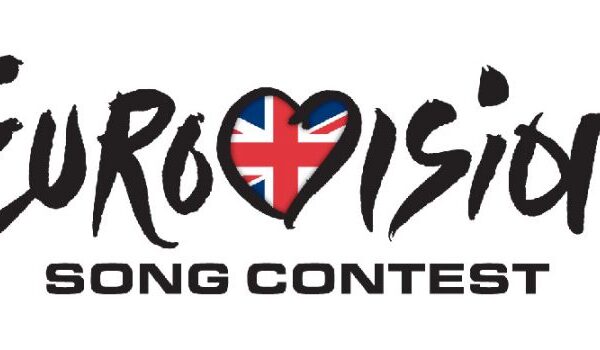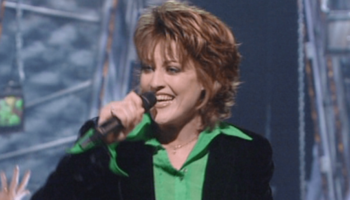With the release of the UK jury result, fans have a fresh batch of stats to ponder. And just as with previous TV station jury data, they may create more questions than answers as the numbers are crunched.
Surprisingly, Emmelie de Forrest – who won both the UK’s douzes for Denmark – finished only in third place with the UK jury in both the semi-final and the final. It was Russia, which the panel loved; Dina Garipova topped the British expert poll in both shows. Dina must have garnered a fair amount of home support too, winning the number 2 vote in the combined results both times. But further down from the top, the results are once again marked by a wide disparity between jury and televoters.
Austria won a thumbs up from the jurors, ending up as their second place semi song, whilst televoting support must have been minimial to drag the country down to tenth – and only one point – in the combined semi voting.
Belgium was a big winner from the UK jury in the final. Roberto must have grown on the jury members between Tuesday and Saturday, jumping from fifth to second in their estimation. Conversely, the televoting public can’t have agreed on Saturday, pulling him back down to an eighth place overall in the UK final vote.
Public saves
Ireland, which was awarded just a single point in the combined UK final vote, has the televoting public to thank for that. The jury marked him down harshly, with Ryan landing on their 22nd place. To be lifted back up to 10th combined required a very big televote push from the British public. Likewise for Romania, in almost as spectacular a fashion – while only 16th with the jury, the televote hauled Cezar up nine places to end in 7th in the combined final result.
Some comments, for instance on the BBC Eurovision blog, have suggested that jury age might be the driving factor behind the differences. One fan comments there “can we please make sure that the Jury is composed of people under 30 next year?!” while another asks “we really need a younger jury”. The jury consisted of singers Rita Campbell and Natalie Green, singer-songwriter Melissa James, composer Tony Hatch (writer of the UK’s 1964 entry I Love The Little Things) and DJ Tony Blackburn.
Some broad agreements
It’s not all about discord between jury and televoters, though; it remains that certain songs were highly regarded by both, and those are the songs that ended up doing well. Russia, Denmark, Ukraine, Netherlands – these songs all enjoyed support from both camps, and also did well in the final itself. The new voting system is supposed to combine the merits of popular taste with expert opinion, so maybe it is just a case of these songs being the biggest all-round pleasers. Whatever the undercurrents, though, fans have plenty more to debate with this fresh set of data.




